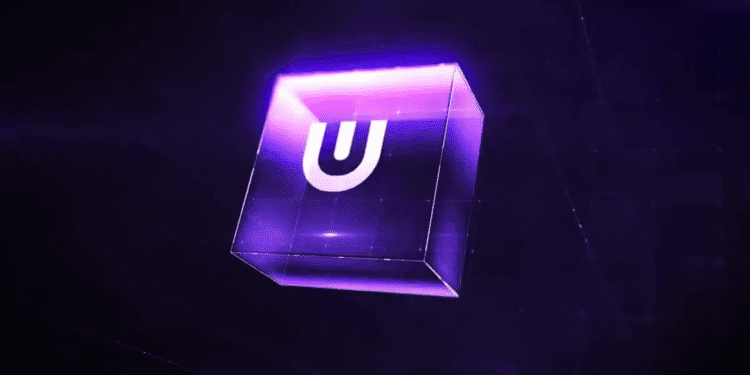- Ultra is launching Ultra Arena, an esports tournament platform built on its own blockchain network.
- Gamers can compete in popular PC games using Ultra’s UOS tokens, NFTs, or physical products as prizes, with the potential for future benefits based on performance and history.
Ultra, a cryptocurrency gaming startup that recently launched its PC game marketplace, is launching an esports tournament platform powered by its own blockchain network.
Ultra Arena, which goes live on August 8, will allow individuals, brands, and organizations to create a tournament or league with Ultra’s UOS tokens, NFTs, or even physical products as the prize. Ultra’s goal is to create a path for amateur video game players to advance to the professional ranks.
Gamers will be able to assert their dominance on popular PC games such as League of Legends, Overwatch 2, Counter-Strike: Global Offensive (CS:GO), and PUBG at launch, as well as games that are already available to play on Ultra Games—Ultra’s PC gaming storefront.
When you win a competition through Ultra Arena, your token or NFT prize will be deposited directly into your linked wallet. Every prize, including claim tickets for physical items or qualifications, passes to other tournaments, is tokenized and can be traded on Ultra’s Uniq Marketplace.
Ultra Arena was founded in collaboration with CLD Distribution, a Belgian video game distributor. The company’s involvement in the project will aid in the shipment of physical prizes worldwide, as well as the use of its contacts in the video game industry to bring more titles to the platform.
Road to Pro
When you compete on Ultra Arena, you will create a digital identity stored on the Ultra blockchain, a layer-1 network forked from the EOS blockchain. The more you compete, the more likely you are to be trusted. And the more victories you have, the more respect you will receive.
But what if you’re caught cheating just once? You’re banned and lost your hard-earned reputation on Ultra Arena.
On the other hand, those who follow the rules may reap future benefits such as early access to games based on their performance and history.
According to Nicolas Gilot, Ultra’s Co-CEO, “If you participated in [a lot of] tournaments, we will know how well you perform. This can be used to say; This guy is a really good FPS player. I’m going to give him early access to my FPS for him to try. I know he’ll give valuable feedback.”
While this traceability enables game developers and publishers to find targeted game testers, Gilot sees the platform also being used as a scouting pool for esports teams.
A New Model
The esports industry is mainly built on established games like League of Legends and Counter–Strike, and major franchises like those—along with Call of Duty, Dota 2, and Overwatch—taking up the majority of the spotlight. However, Ultra Arena allows players to compete in new or previously unreleased games.
“Tournaments are often done on the top titles. Obviously, you’re not going to win against the guy who has played for 10 years,” Gilot laughed. “But with a new game, everyone has a fair chance to win. I think that’s pretty exciting.”
Not only does this create a new competitive environment, but it also serves as a new marketing tool for game developers, according to Gilot.
“Right now, there are 800 [new] games on Steam every month, and you’re like, ‘How will people see my game now?’ Organizing a tournament is a great way,” Gilot explains. “Put a small prize pool, tap into our user base, or do co-marketing with some of the brands. Say, ‘Hey Razer,’ for example, ‘give me 10 mice, and I’m going to distribute them in my game.”
Gilot believes that an esports platform built around tokenization and cryptocurrency rewards will encourage brands to create sponsored tournaments and that the company has already secured some unnamed brands for such events.














